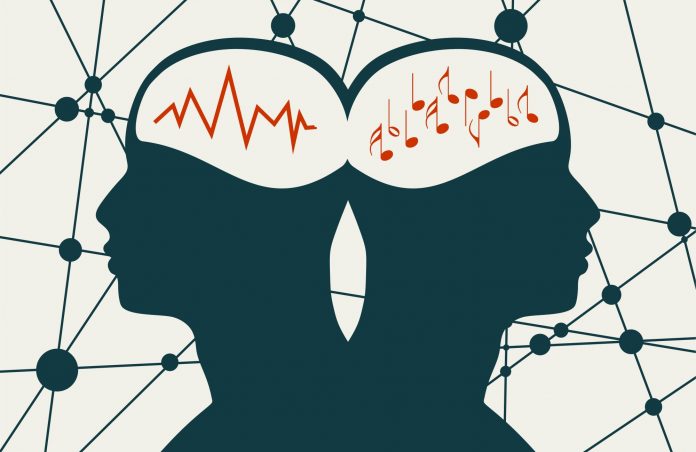In Australia, it’s said that 60-70% of the people residing in nursing homes have dementia and about 70-90% of residents with dementia suffer from psychiatric or behavioural symptoms.
Furthermore, the levels of dementia are reportedly on the rise and this is putting pressure on residential aged care facilities, including in rural and regional centres where nursing homes and staff are already under pressure.
Now a new multimodal person-centred non-pharmacological intervention program that includes personalised interventions for dementia care in residential aged care facilities, such as paying residents’ favourite songs, has shown that personalised care makes a big difference to dementia behaviours, drug use and carers’ wellbeing.
The pilot program was developed by a study led by Flinders University called Harmony in the Bush, that was conducted in five nursing homes in Queensland and South Australia and involved a trial group of 74 people living with dementia and 87 staff in aged care homes.
Reportedly the program has shown that incorporating individual music selections, for example, resulted in a significant reduction in resident agitation and staff stress levels – music has proved helpful in dementia in terms of raising mood, stimulating memories and providing a soothing effect.
Providing resident-centred therapy also reportedly resulted in less dysfunctional behaviours and psychological symptoms in those living with dementia, along with reduced stress reported by aged care home staff.
“The Harmony in the Bush model is effective in reducing agitation among dementia residents with the important spinoff of significant reduction in staff stress levels in nursing homes in rural Australia,” says researcher Dr Vivian Isaac, lead author on a new article in BMC Geriatrics.
For more information, visit: researchsquare.com/article/rs-38968/v2











